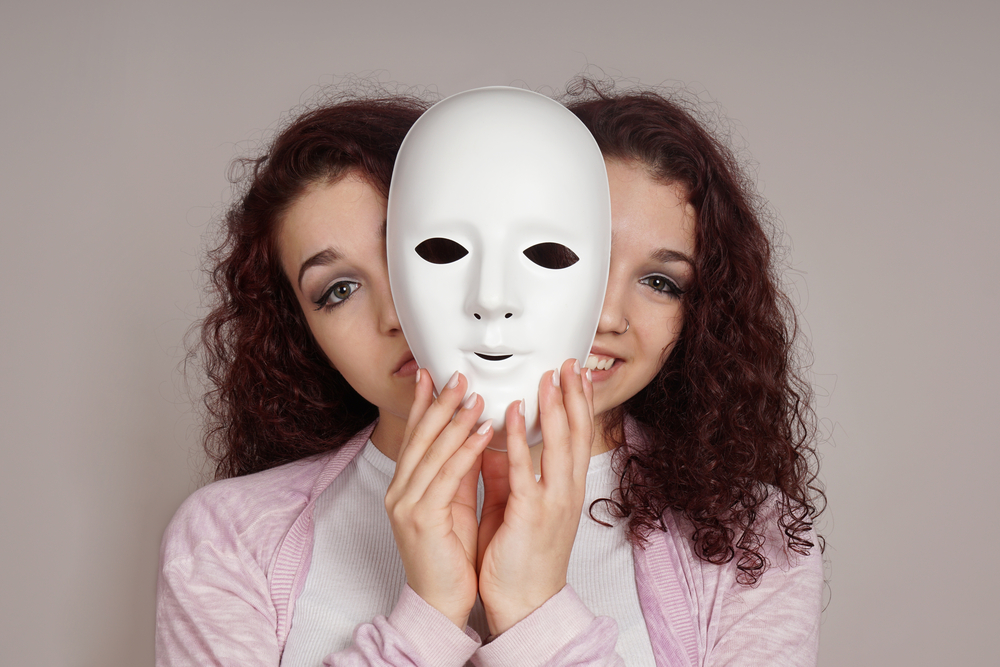Types
There are many types of manic depressive disorder: bipolar I, bipolar II, bipolar not otherwise specified, cyclothymic disorder, and rapid-cycling bipolar disorder.
Bipolar I
This form brings about manic or mixed episodes that last for at least one week. The person may also have severe manic symptoms that necessitate mental facility care. If you happen to have depressive episodes, they would often last for at least two weeks.
Bipolar II
This type shows a pattern of depressive episodes combined with hypomanic episodes that lack “full-blown” manic (or combined) episodes.
Bipolar Disorder Not Otherwise Specified (BP-NOS)
This type is regularly diagnosed when an individual has signs and symptoms that do not meet the diagnostic criteria for bipolar I or bipolar II. Nonetheless, the individual experiences mood alterations that are differ from their usual behavior.
Cyclothymic disorder (Cyclothymia)
Cyclothymic disorder is a milder form of bipolar disorder wherein a person has mild depression mixed with hypomanic episodes lasting for at least two years.
Rapid-Cycling Bipolar Disorder
Within one year, patients with this disorder have four or more occurrences of major depression, mania and hypomania.
It can be found in those with severe bipolar disorder and in people who have been diagnosed at an early age, such as during the mid to late teens, and is more common among women than men.
The signs and symptoms of bipolar disorder would often include shifts along with changes in energy, activity levels, sleep patterns and behaviors.
Persons who are manic depressive may often experience a depressive or manic episode along with lengthy durations of unstable moods. They often have highs and lows in their moods.
Bipolar disease more often results in troubles with job performance, school activities, or broken relationships. The sufferers may sometimes even commit suicide.
Symptoms
Symptoms of a depressive mood episode include the following:
- Emptiness or worthlessness
- Lack of interest in activities
- Changes in behavior
- Fatigue
- Low energy
- Poor memory
- Restlessness or irritability
- Changes in eating and sleeping patterns
- Suicide thinking or attempt
- Intense excitement or euphoria
- Restlessness and irritability
- Racing thoughts
- Rapid speech
- Agitation
In most instances, manic depressive symptoms start earlier before a person reaches 25 years of age. Bipolar signs and symptoms can differ in intensity from low to extreme depression, or hypomania to extreme mania.


